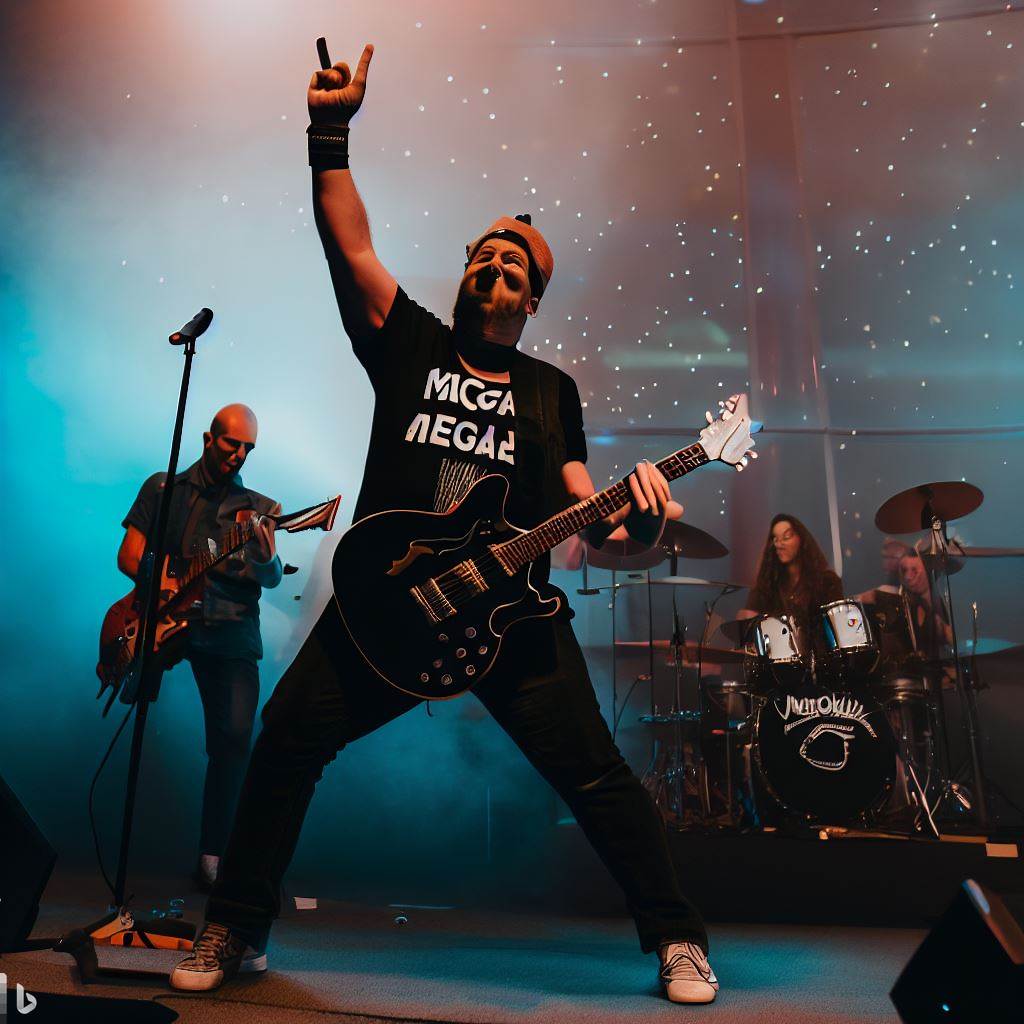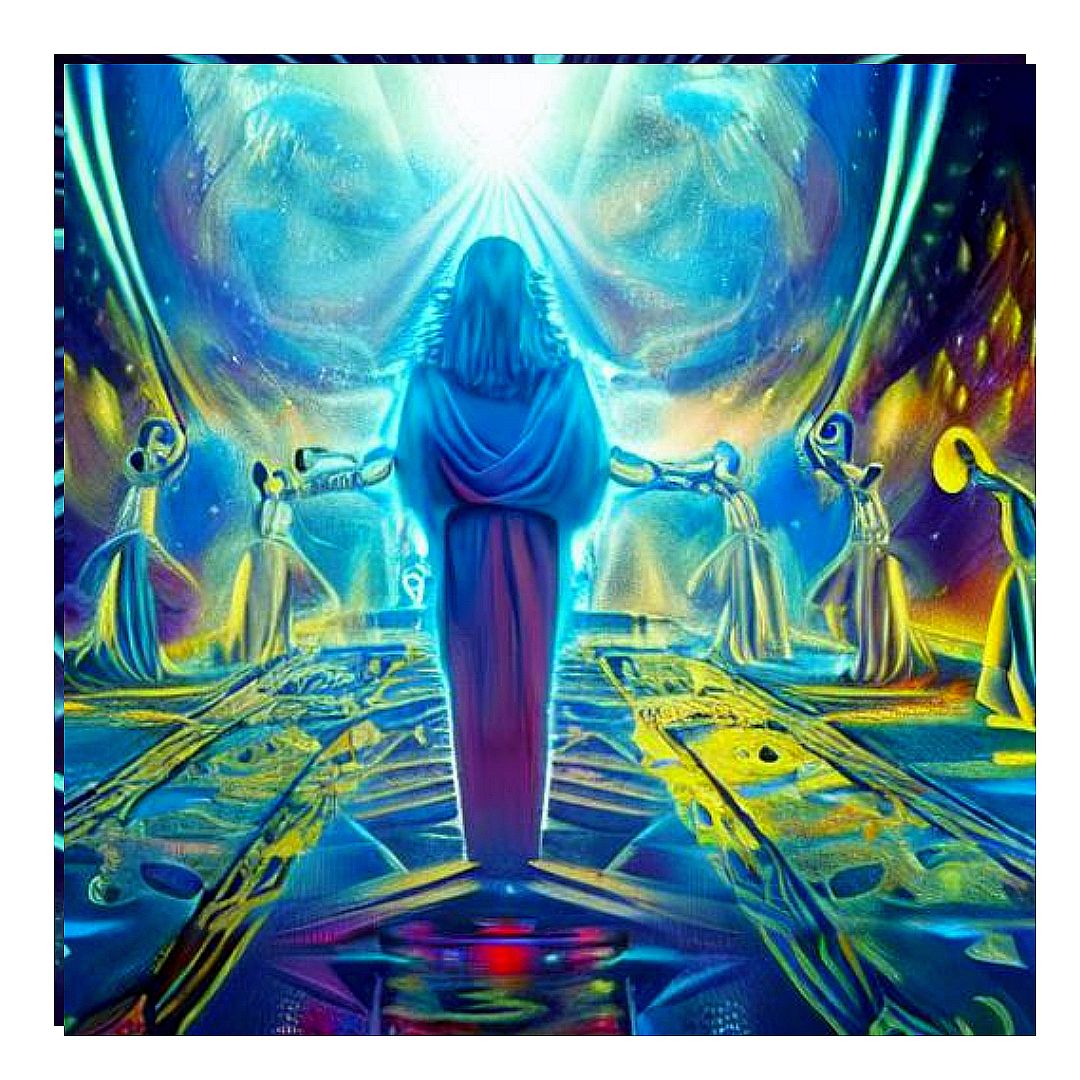The Swan Silvertones were one of the most influential gospel groups of the 20th century. They were also one of the first black gospel groups to successfully cross over into the mainstream pop music world. The group was formed in 1932 by five blind boys from Alabama who all met at the Alabama School for the Blind in Talladega. The group’s original lineup consisted of Lucius Brooks (lead singer), George Scott (baritone), Clarence Fountain (bass), Jimmy Carter (tenor), and Odie Payne (guitar). The Swan Silvertones were known for their distinctive sound, which combined traditional black gospel with Jazz and R&B. They were also known for their dynamic live performances, which often featured extended improvisations. The group achieved commercial success in the 1950s with a string of hit records, including “Oh Mary Don’t You Weep” and “I Wanna Rest.” They continued to record and tour throughout the 1960s and 1970s, before disbanding in 1981. ###
How Did Black Gospel Jazz Start?
The origins of black gospel jazz can be traced back to the early 1920s, when the first recordings of spirituals were made by groups such as The Fisk Jubilee Singers and The Golden Gate Quartet. These groups popularized a new style of music known as “jubilee singing”, which combined elements of both gospel and jazz.
The jubilee style quickly caught on with other black gospel groups, who began incorporating more jazz-influenced harmonies and rhythms into their own music. This new sound soon came to be known as “black gospel jazz”.
One of the most important figures in the development of black gospel jazz was Thomas A. Dorsey, a Chicago-based composer and pianist who wrote some of the genre’s earliest hits, such as “Take My Hand, Precious Lord” and “Peace in the Valley”. Dorsey’s work helped to bridge the gap between traditional gospel music and the newer style of black gospel jazz.
In the 1940s and 1950s, black gospel jazz continued to evolve, with artists such as Mahalia Jackson and Sister Rosetta Tharpe bringing their own unique interpretations to the genre. By this time, black gospel jazz had become firmly established as its own distinct musical form, one that would go on to influence many other genres in the years to come.
What is Black Gospel Jazz?
Black Gospel Jazz is a musical genre that blends elements of black gospel music and jazz. It is characterized by its use of spiritual lyrics, improvisation, and a call-and-response style of singing.
The origins of black gospel jazz can be traced back to the early 20th century, when black gospel music was first starting to gain popularity. At this time, many African American churches began incorporating jazz into their worship services. This new style of music quickly became popular among both churchgoers and non-churchgoers alike.
During the 1950s and 1960s, black gospel jazz began to gain more mainstream attention. Artists such as Swan Silvertones and the Five Blind Boys from Alabama helped to popularize the genre with their recordings. In recent years, black gospel jazz has continued to grow in popularity, with artists like Kirk Franklin and Donnie McClurkin finding success in both the religious and secular markets.
The History of Black Gospel Jazz In America
The Swan Silvertones were an American gospel group active in the 1940s and 1950s. The group’s origins date back to 1938, when singer Clarence Fountain formed the Silvertones Quartet in Louisville, Kentucky. The group recorded for several labels, including Vee-Jay Records and Specialty Records, before signing with Swan Records in 1954.
The Silvertones’ first release for Swan was the single “Bells of Joy”, which became a hit on the Billboard magazine R&B chart. The group followed up with a number of successful singles, including “Oh Mary Don’t You Weep” and “There Is A Fountain Filled With Blood”. In 1955, the Silvertones made their first appearance on the Billboard pop chart with the song “I Want Jesus To Walk With Me”.
The Silvertones’ success continued into the late 1950s and early 1960s with a string of gospel hits, including “Oh Happy Day” and “Just Over In the Gloryland”. The group’s final album, Songs of Faith, was released in 1963.
The Five Blind Boys of Alabama are an American gospel group who have been active for over seven decades. The group was formed in 1939 by five teenage boys who were all blind. The boys were students at the Alabama Institute for Negro Affairs, a school for black children who were deaf or blind.
The Blind Boys’ first recordings were made for Library of Congress in 1941. In 1943, they made their first commercial recordings
Famous Black Gospel Jazz Artists
There are many famous black gospel jazz artists who have made a significant impact on the music industry. The Swan Silvertones were one of the first groups to gain popularity in this genre, and their influence can still be heard today. The Five Blind Boys from Alabama are another well-known group, and their unique sound has inspired many other artists.
The history of black gospel jazz is fascinating, and it is a genre that has continued to evolve over the years. These artists have made a lasting impact on American culture, and their music will continue to inspire people for generations to come.
The Five Blind Boys from Alabama
The Five Blind Boys from Alabama are a gospel music group who rose to fame in the 1930s and 1940s. The group was originally composed of five teenage boys who all lost their sight at a young age. Despite their blindness, the boys were determined to pursue their passion for music. They began singing together informally before eventually forming a more formal group.
The Blind Boys first recorded for Victor Records in 1944, and they quickly became one of the most popular gospel groups of their era. Their recordings often featured a mix of traditional spirituals and more contemporary gospel songs. In addition to enjoying commercial success, the Blind Boys also gained critical acclaim, winning several Grammy Awards over the course of their career.
Conclusion
The Swan Silvertones, Five Blind Boys from Alabama, and the history of black gospel jazz in America have had a profound impact on American music. These groups have helped to shape the sound of American music and have influenced countless artists. Their legacy continues to be felt today, and their music remains as relevant as ever. Thanks for reading!


